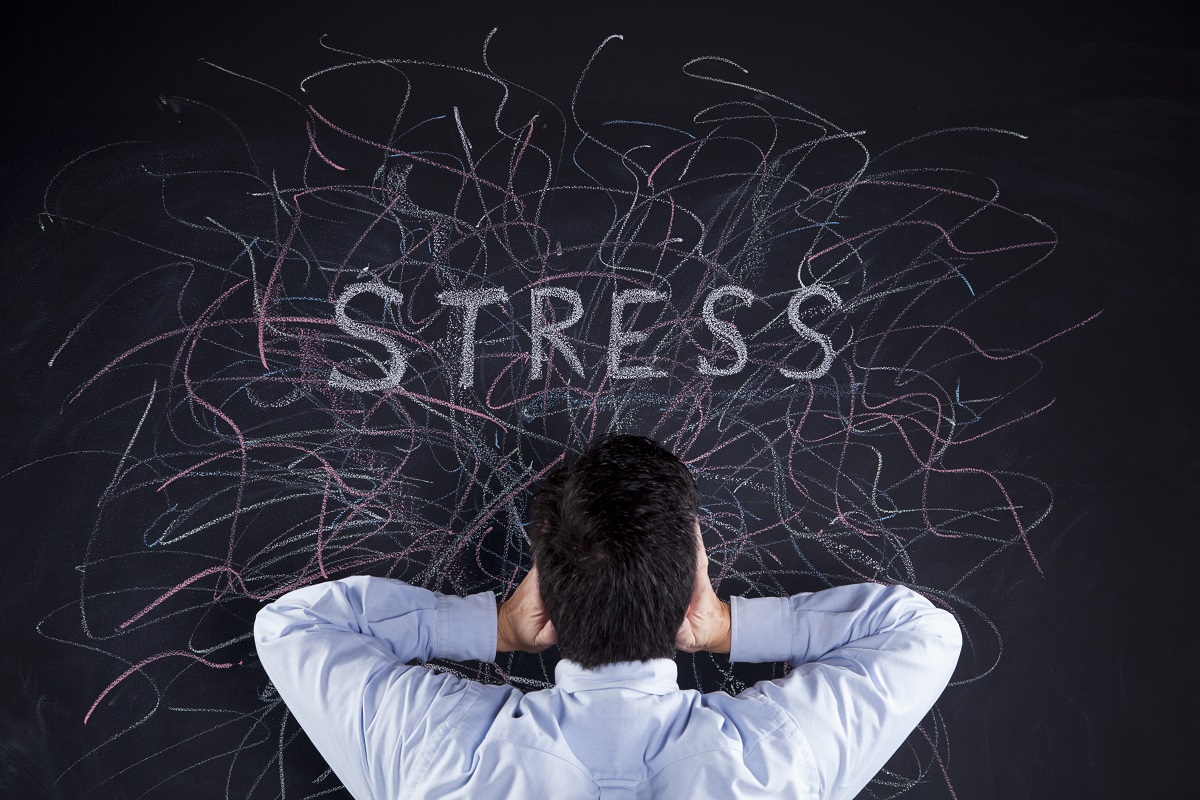Mental Health
The reports of emotional and mental health issues seem to be on the rise in the UK and, while many still think that these issues are just being noticed more, researchers are backing up their claims with in-depth studies. These studies, conducted based on age group, gender and a host of other factors, were designed to avoid over diagnosis and social acceptance factors and focus solely on the number of cases of mental and emotional health issues. The results have shown that the increases in mental health issues are higher in high school and university aged students than any other age group tested.
Studies also show that the increased emotional and mental health issues are more consistent between the 1930’s and the early 1990’s with levels being historically high during that period. Even today, many of the reported cases are still on the rise and researchers and health care professionals see no end to this crisis unless radical changes occur in the intervention.
One factor that seems to show a decrease in reported instances are suicides. Although, we do hear more about suicide and suicide prevention today more than ever, more people are taking anti-depressants for severe depression which is the cause of the decrease.
Important Mental and Emotional Health Data
When researchers compiled the data on the most common emotional and mental health issues in the UK, this is what they found:
- Mixed anxiety and depression is the most common mental disorder in Britain, with 7.8% of people meeting criteria for diagnosis.
- 4-10% of people in England will experience depression in their lifetime.
- Common mental health problems such as depression and anxiety are distributed according to a gradient of economic disadvantage across society.
- Mixed anxiety and depression has been estimated to cause one fifth of days lost from work in Britain.
- One adult in six had a common mental disorder.
When it comes to emotional and mental health in the UK, are medications the only answer? Many people tend to shy away from anti-depressants because of their side effects, slow effect to action, and efficacy in most cases. Well, what other option do they have?
Apart from mental and psychological support, medical, psychological and holistic treatment options are readily available. Many healthcare providers are also suggesting a more natural approach and teaching their patients to focus on their physical, emotional, family and spiritual well-being to downturn their anxiety and depression. In fact, many patients have shown improvement in overall physical and mental fitness when they become empowered to address any challenges and health issues they are facing. This approach may help also to enable restoration and make them to reduce their dependence on the health care services.
While emotional and mental health issues may be on the rise, there are those working to help people and show them ways to improve their quality of life and their mental health. One of the best strategies will be lifestyle changes – eat well, exercise frequently. Emotional intelligence will appear to be beneficial to people to control their negative emotions. It appears that spiritual health or wellbeing has ability to positively influence other domain of health, that is why evidence is showing less incidence of emotional and mental issues among those for instance with strong Christian faith.[/vc_column_text][/vc_column][/vc_row]

